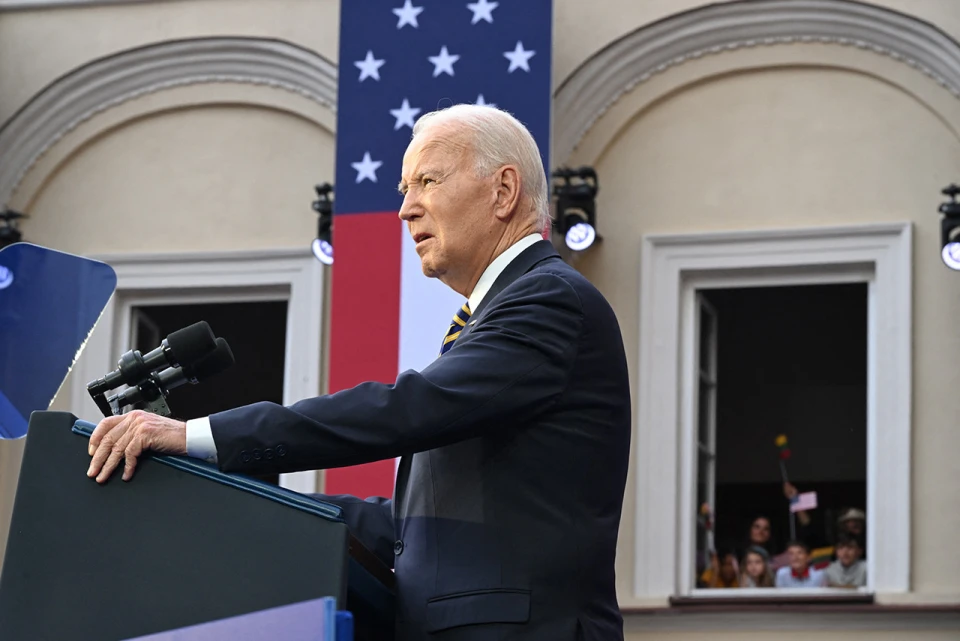
US risks capitulating to totalitarian regimes - political scientist Piontkovsky
Political analyst Andrey Piontkovsky believes that the United States will not withdraw its support for Ukraine, as this will weaken its geopolitical position
He expressed this opinion on the Espreso TV channel
"Now we are talking not about a financial shutdown, but about a geopolitical one. The refusal to support Ukraine is the US withdrawal from global politics, capitulation to totalitarian regimes. This will never happen, both Republicans and Democrats understand this, but this is the game. The American "golden youth" of the 1960s and 1970s had a favorite pastime: racing towards each other in limousines and seeing who would pull out of the way at the last moment," Piontkovsky explained.
The political scientist stressed the importance of European leaders' support for Ukraine.
"What made a positive impression on me was the immediate reaction of Europe. On December 12, when, despite Zelenskyy's visit, the financial project was not adopted, Europe came up with its own financial, military, and political initiatives. We remember: there was a flood of donations from Denmark, the Netherlands, and Belgium - a billion dollars each, and the EU summit ended triumphantly. In my opinion, even Ukraine has not fully appreciated the significance of the fact that a decision has been made to start negotiations on the accession of a country at war to the EU. A month ago, this was not possible, and there was a lot of resistance to the discussion. Europe has shown that it is dissatisfied with American delays. The statement by the foreign ministers of the UK and France - a somewhat unexpected pairing - was very sharp, with ambiguous criticism of the US position and an expression of European support," he added.
What is known about the US Congress vote for additional aid to Ukraine
On December 4, the White House said that without a congressional decision, the administration would run out of money to provide weapons to Ukraine to fight Russia by the end of 2023.
After that, the Congress issued an ultimatum to US President Joe Biden regarding assistance to Ukraine: House Speaker Mike Johnson threatened to withdraw support for funding for Kyiv unless the White House agreed to strengthen border security.
On December 6, US President Joe Biden addressed the Congress and called for the defense of freedom and to ensure that Russia does not take over Ukraine. Despite this, the Senate fails a procedural vote to begin work on a bill to provide USD 106 billion in emergency aid to Ukraine, Israel, and Taiwan.
On December 8, it became known that the US administration was considering including funding for anti-migration measures in the south of the country in the bill on aid to Ukraine and Israel to ensure a Republican vote in Congress.
On December 15, the White House drew attention to Russian President Vladimir Putin's recent statements about his intentions in Ukraine and urged Congress not to delay the approval of new aid for Ukraine.
Senate Democratic Leader Chuck Schumer announces that the US Senate has postponed its Christmas recess and will vote on the aid package again.
On December 21, White House National Security Council Coordinator John Kirby said that the administration hopes to approve aid to Ukraine in early January, when Congress returns to work after the Christmas recess.
- News














































